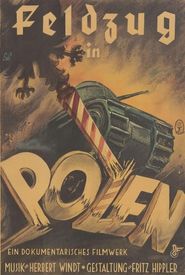Fritz Hippler held a position of significant influence within the Propaganda Ministry of the Third Reich, serving under the direction of Joseph Goebbels. In this capacity, he was responsible for overseeing the film office, which entailed the task of determining which foreign films would be permitted to be shown in Germany, as well as deciding which specific segments of these films would be subject to censorship.
As a dedicated Nazi from a relatively early stage in his life, Hippler, like many of his contemporaries, was quick to disavow his affiliation with the party and its actions following the conclusion of World War II.
Throughout his lifetime, Hippler continued to maintain that his involvement in the anti-Semitic film Der ewige Jude, which was released in 1940, was limited to providing some footage for the production. He claimed that it was actually Goebbels himself who compiled the film, and that at the time, he had little understanding of the Nazi party's anti-Semitic activities and was unaware of the atrocities being committed during the Holocaust.
In an interview conducted just months prior to his passing in 2002, Hippler provided responses that were at times contradictory, when questioned about his life and career as a Nazi propagandist. At one point, he stated, "If it were possible to annul everything (about the film) I would. Terrible things happened and I had many sleepless nights because of this."
Hippler's case serves as a stark illustration of the failure of many Germans of his generation to come to terms with their involvement in the Third Reich. However, his contribution to the production of Der ewige Jude, which remains a widely taught topic in history classes but is banned from public screening in Germany, was particularly significant.













